Nobody ever saw a cowboy on the psychiatrist's couch
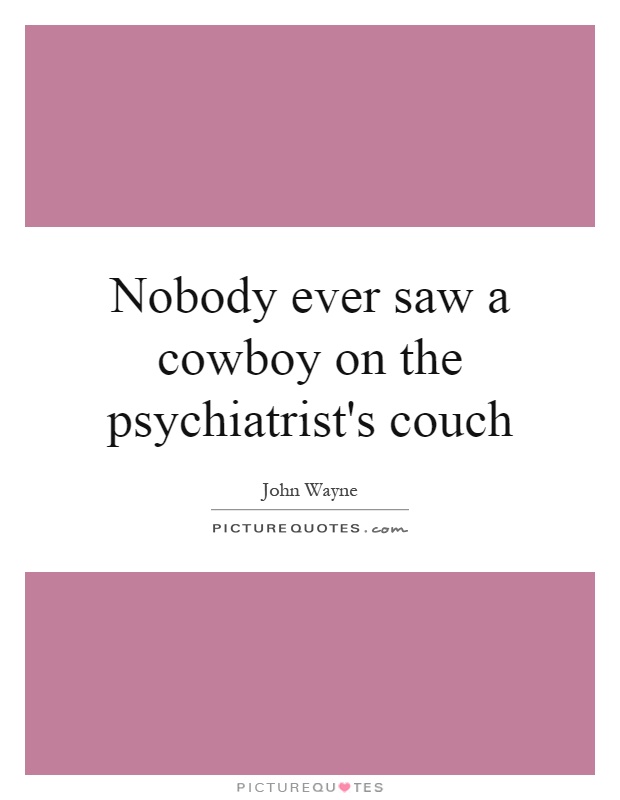
Nobody ever saw a cowboy on the psychiatrist's couch
John Wayne, the iconic cowboy actor known for his rugged masculinity and tough-guy persona, was a symbol of American masculinity during the mid-20th century. He portrayed cowboys in numerous films, embodying the ideals of strength, independence, and resilience. In the world of John Wayne, cowboys were stoic figures who faced challenges head-on and never showed weakness or vulnerability. This image of the cowboy as a strong, silent type has become ingrained in popular culture, perpetuating the myth that cowboys are invincible and immune to the struggles of everyday life.The idea of a cowboy seeking help from a psychiatrist seems almost absurd in the context of John Wayne and his on-screen persona. Cowboys are supposed to be self-reliant and able to handle any situation on their own. They are not the type to open up about their feelings or seek professional help for their mental health. In the world of John Wayne, cowboys are supposed to be tough and resilient, able to overcome any obstacle through sheer willpower and determination.
The image of a cowboy on the psychiatrist's couch challenges the traditional notions of masculinity and toughness that are associated with cowboys. It suggests that even the strongest and most stoic individuals can struggle with their mental health and may need help to cope with their emotions. By placing a cowboy in a vulnerable position, it humanizes them and shows that they are not immune to the same struggles that affect everyone else.
In reality, mental health issues can affect anyone, regardless of their gender, occupation, or outward appearance. Even the toughest cowboys can experience feelings of anxiety, depression, or trauma that may require professional help to address. By acknowledging the vulnerability of cowboys and other traditionally masculine figures, we can break down the stigma surrounding mental health and encourage more people to seek help when they need it.

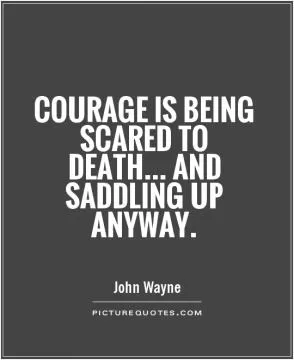
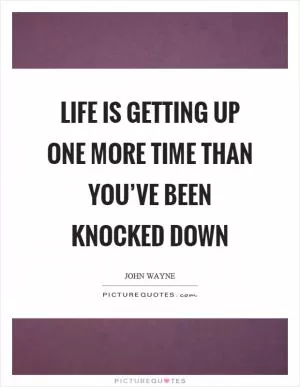
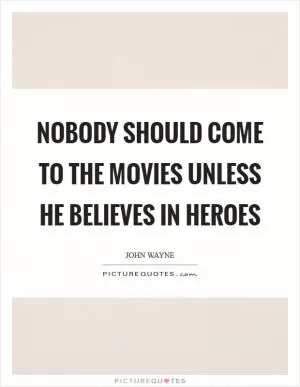
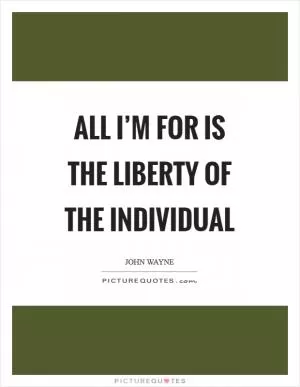



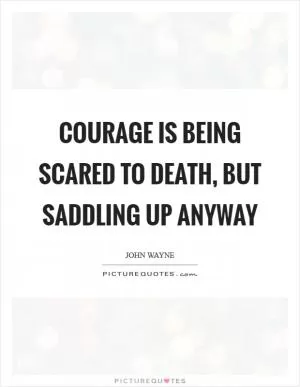
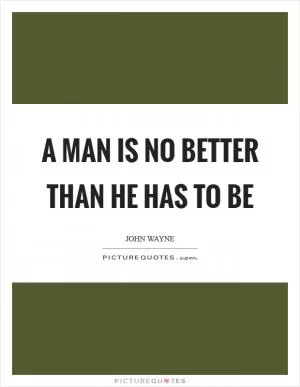


 Friendship Quotes
Friendship Quotes Love Quotes
Love Quotes Life Quotes
Life Quotes Funny Quotes
Funny Quotes Motivational Quotes
Motivational Quotes Inspirational Quotes
Inspirational Quotes